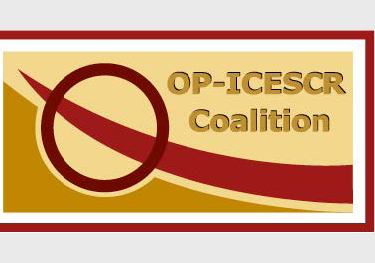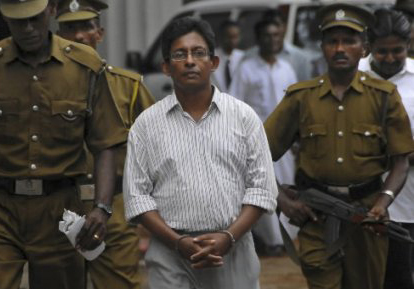
Sep 23, 2009
The ICJ commended the decision of at least nine States to sign the Optional Protocol to the International Covenant on Economic, Social and Cultural Rights when it opens for signature in New York on 24 September 2009.
It called on other States, including those already engaged in procedures aimed toward becoming a party to the Optional Protocol, to follow this example and do its utmost to sign the Optional Protocol on that occasion or soon afterwards, with a view towards its ratification and subsequent entry into force. Once in force, the Optional Protocol would restore the original holistic vision of the Universal Declaration of Human Rights and provide the victims of violations of economic, social and cultural with a means to seek justice at the international level.
Optional Protocol to the ICESCR-open letter-2009

Sep 17, 2009
This Memorandum, submitted to the government of Nepal by the ICJ and other NGOs, includes some comments and recommendations on the latest draft of the Disappearances of Persons Bill 2066.
The organizations welcome the opportunity to comment on the draft and look forward to a constructive dialogue with the government of Nepal.
Nepal-Joint Memorandum on the Disappearances of Persons Bill-Position Papers-2009 (Full text PDF)

Sep 16, 2009
The ICJ welcomes the opportunity to contribute to the Human Rights Council’s (HRC) Universal Periodic Review of Egypt.
Egypt was elected to HRC in May 2007 after pledging to fully promote and protect human rights, including by lifting the current state of emergency and preserving the independence of the judiciary. Despite these commitments, numerous serious human rights violations continued to be committed with impunity in Egypt. These violations have been largely committed under the decades-old state of emergency and the “war on terror” paradigm.
Egypt-ICJ submission UPR-non-jegal submission-2009 (full text, PDF)

Sep 11, 2009
 The report summarises the findings of observers appointed by the ICJ for the 2008 and 2009 missions to observe the trial of the journalist J.S. Tissainayagam before the High Court of Colombo.
The report summarises the findings of observers appointed by the ICJ for the 2008 and 2009 missions to observe the trial of the journalist J.S. Tissainayagam before the High Court of Colombo.
SriLanka-journalist-trial observation report-2009 (full text, PDF)
SriLanka-journalist-press release-2009 (full text, PDF)

Sep 3, 2009
Security practices and legislation, including related provisions of the Interim Constitution, criminal law and procedures, are outdated and contradict many international human rights standards to which Nepal is a party.










